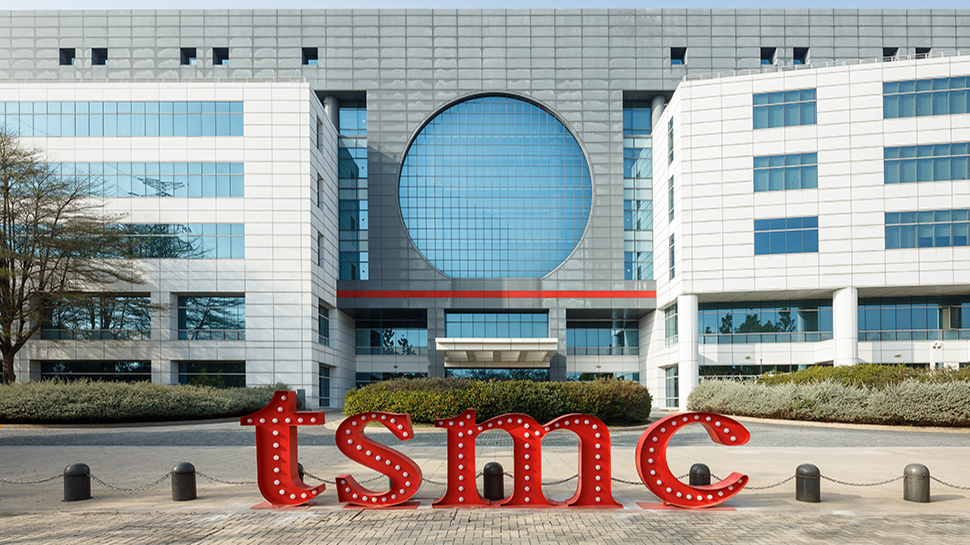
On Wednesday, 3 April, the strongest earthquake to strike Taiwan in 25 years killed at least nine people and injured or trapped hundreds more. The 7.4 magnitude quake was followed by more than 200 aftershocks, dozens of which were at least 6.5 magnitude or stronger.
Taiwan, which frequently experiences earthquakes due to its position on the Pacific Ring of Fire, produces 80-90% of high-end chips for advanced applications like smartphones and AI. Although the epicenter of the huge quake was on the eastern side of Taiwan, in Hualien County, it was strong enough to be felt in the capital Taipei about 90 miles south. This led to TSMC, the main contract chipmaker for Apple, Nvidia and AMD, evacuating workers and suspending operations.
While it was feared this could have severe repercussions for the global smartphone industry, the firm was quick to alleviate concerns.
No major damage
In a statement issued late on the day of the quake and reported by Bloomberg, TSMC said, “There is no damage to our critical tools, including all of our extreme ultraviolet lithography tools.”
A few tools were damaged at some facilities, but nothing to cause any significant delays. It is reported that 70 to 80% of TSMC’s machinery was back online within 10 hours of the earthquake hitting.
While TSMC may have got off lightly this time, concerns for the future remain. Tom’s Hardware reports, “The quake came as governments worldwide have considered bringing chip production back home, and worry about consolidating production in a region that is both a potential military hot button and located near two tectonic plates. That's part of why the United States has given massive CHIPS Act subsidies to Intel and others to build and expand domestic fabs. TSMC is also building a U.S. fab in Arizona and is expecting over $5 billion in incentives.”







